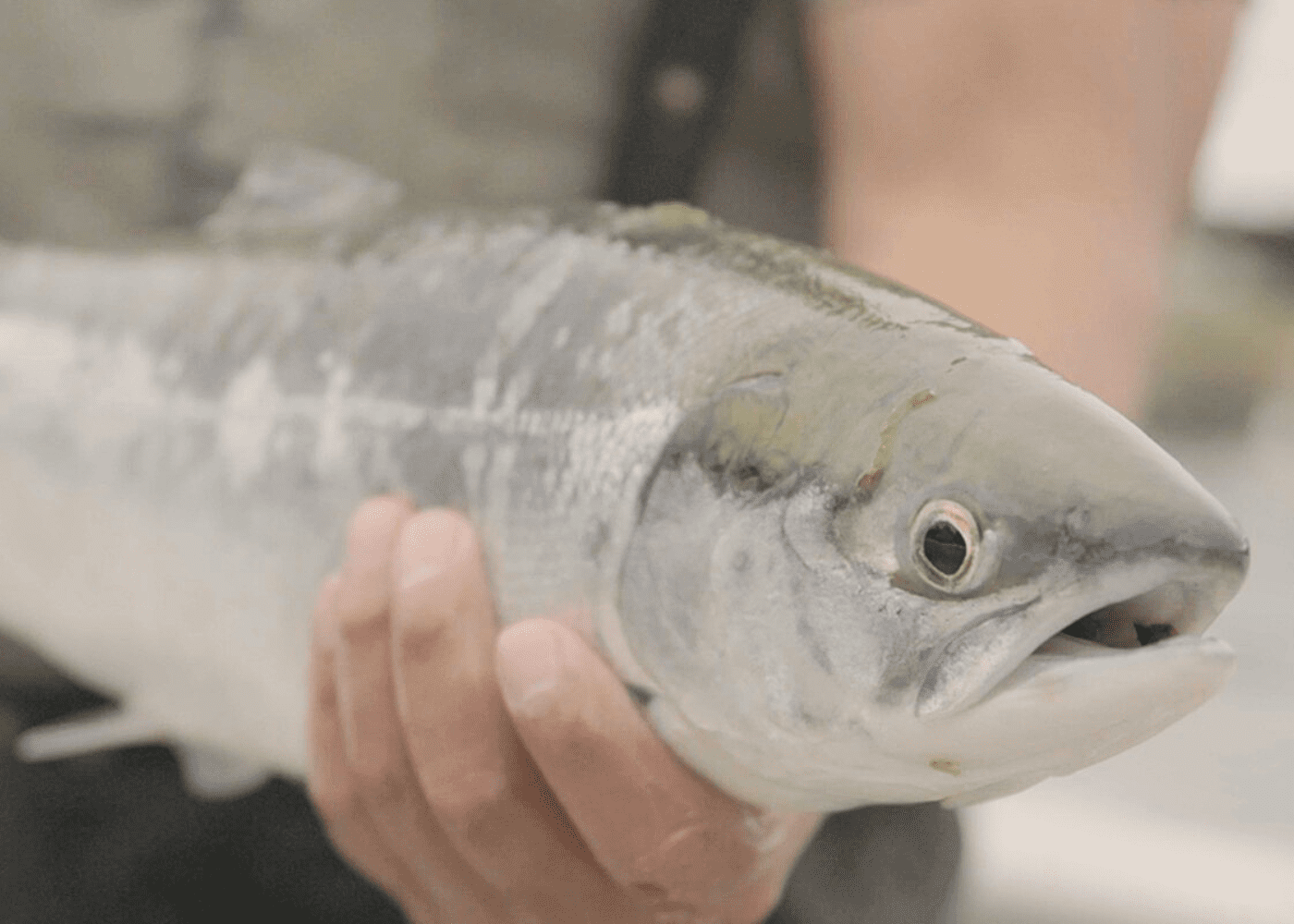Skipper Otto
Explore
Stay updated on seafood news with Skipper Otto.
See all postsFishing Stories
Dive into inspiring fishing stories from our small-scale, independent fishing families at sea!
Recipes
Tempt your palate with our favourite seafood recipes. Explore incredible new flavour combinations and add to your repertoire.
Featured Posts

Sweet And Spicy Glazed Spot Prawns
Recipes
•
2 minute read
Summer appetizers don't get much greater than our sweet and spicy glazed spot prawns!

Stronger Together: How The Somass River Fisheries Became BC's Most Reliable Salmon Fishery
News
•
6 minute read
When people ask me what gives me hope in the world of fisheries, I tell them about the Somass River Fisheries out of Port Alberni.
